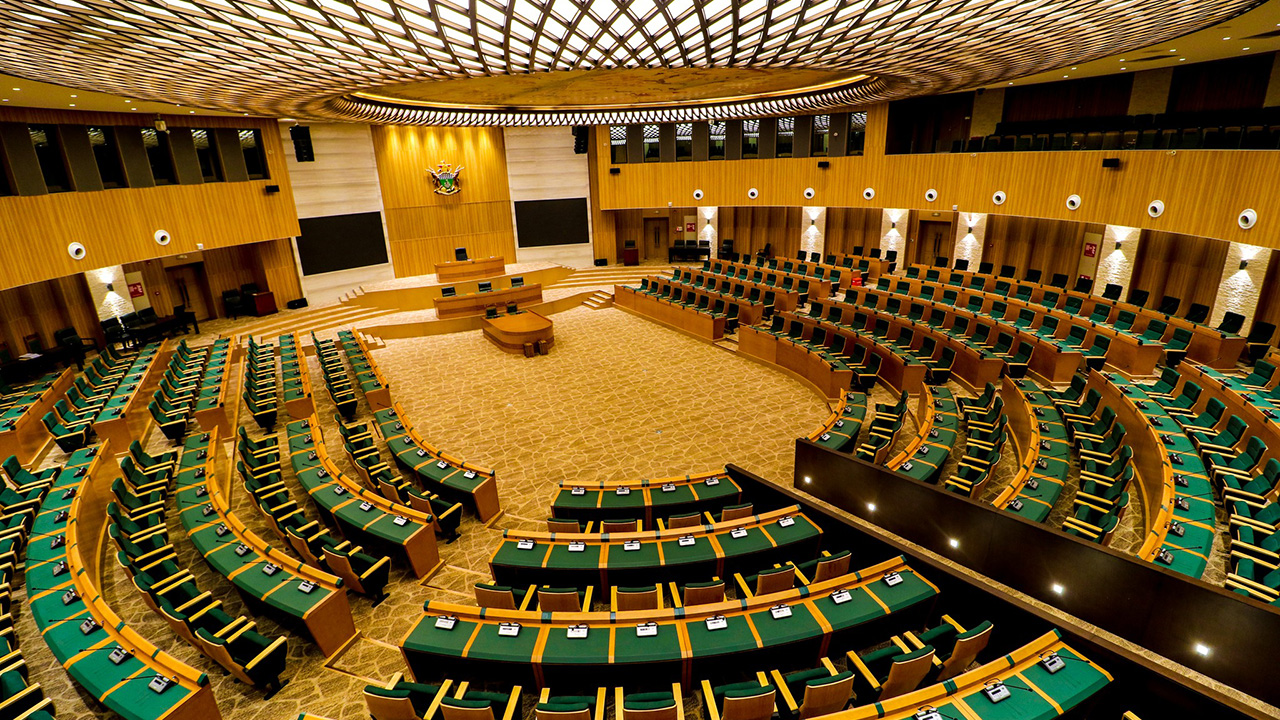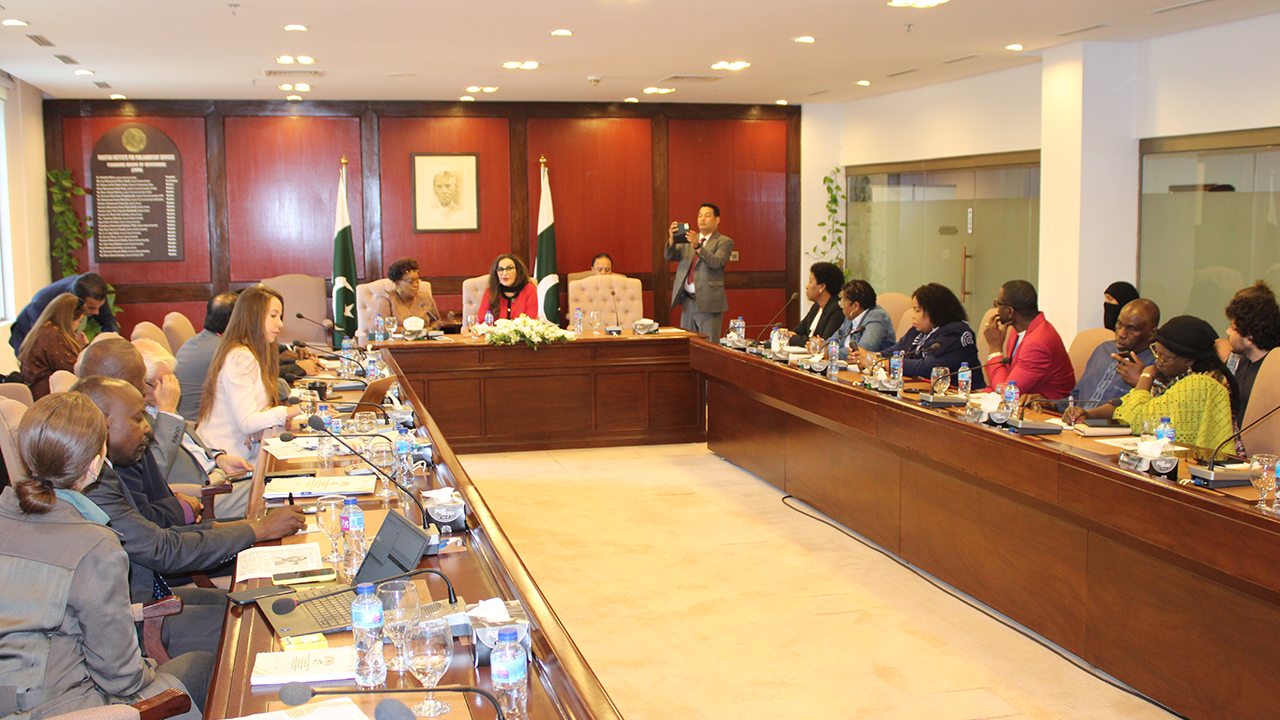Parliamentarians for Global Action (PGA) welcomes the adoption in Conakry on 4 July 2016 of the law reforming the Criminal Code and the Criminal Procedural Code.
The law, which was adopted at the very last day of the parliamentary session, reforms entirely the domestic framework for criminal proceedings, from the judicial system to criminalization of certain forms of sexual violence.
One of the key features of this new legislation is that it abolishes the death penalty as one of the sentences available to judges, making Guinea the 19th African country to abolish the capital punishment. The maximum sentence will henceforth be life imprisonment, which cannot exceed 30 years.
Guinea already applied a de facto moratorium and there had been no executions since 1983, except for 2001, when several death row inmates were shot by a firing squad, as provided by the former article 14 of the Criminal Code.
The abolition of the death penalty echoes Article 6 of the Guinean Constitution, which provides that human beings “have a right to life and to physical and moral integrity”.
The Guinean people should be proud to have joined the group of countries that refuse to condone State killings by keeping the death penalty in their law. The capital punishment is a violation of the most basic human right, the right to life, which underpins all of the others. The Parliament of Guinea is committed to ensuring the protection of fundamental rights and the Rule of Law and will consider further initiatives to strengthen our position on the death penalty”, said PGA Member Fodé Marega.
PGA invites the government and Parliament of Guinea to ratify the Second Optional Protocol on the International Covenant on Civil and Political Rights, which aims at the universal abolition of the death penalty. Guinea is now well-positioned to join other abolitionist countries within the African Union to push for the adoption of the Protocol to the African Charter on Human and Peoples’ Rights on the Abolition of the Death Penalty in Africa.
The new criminal framework adopted on 4 July 2016 also implements the Rome Statute of the International Criminal Court (ICC), which Guinea ratified the 14 July 2003. Thanks to this legal reform, Guinean Criminal Courts are now fully equipped to investigate and prosecute genocide, crimes against humanity, war crimes, as well as the crime of aggression. The law also incorporates in the Penal Code acts of torture as an autonomous offense, pursuant to Article 1 of the Convention against Torture and Other Cruel, Inhuman or Degrading Treatment or Punishment that Guinea ratified on 10 October 1989.
Guinea not only implements the Rome Statute to its full extent – waiving the application of immunities in cases of crimes of international concern, providing for cooperation with the ICC – but also entitles its judicial organs to fight impunity through the application of the principle of universal jurisdiction for the crimes defined by the Rome Statute and the Convention against Torture.
The Office of the Prosecutor of the ICC opened on 14 October 2009 a Preliminary Examination into alleged crimes committed in the context of the 28 September 2009 events at the stadium of Conakry, including several counts of crimes against humanity. Guinean courts have taken upon themselves to investigate and prosecute authors of the alleged crimes, and several individuals have been indicted, but victims and human rights organizations have complained that the proceedings were moving too slowly. According to the principle of complementarity set forth in the Rome Statute, the ICC would only exercise jurisdiction if those domestic proceedings are not genuine. The adoption a more specific criminal framework is a good sign in terms of the efforts of Guinean authorities to provide justice and accountability to its people.
PGA congratulates Guinea on this important new step in the fight against impunity of alleged perpetrators of crimes of international concern. The government should consider ratifying the Kampala Amendments to the Rome Statute, which have already been implemented in domestic provisions by this new law. Guinea should also continue to voice its support for the ICC at the United Nations, and it should firmly express such support within the African Union, which has recently adopted a series of decision that, if they would have been respected by AU States Parties to the Rome Statute, they would defeated the object and purpose of the Statute itself.




